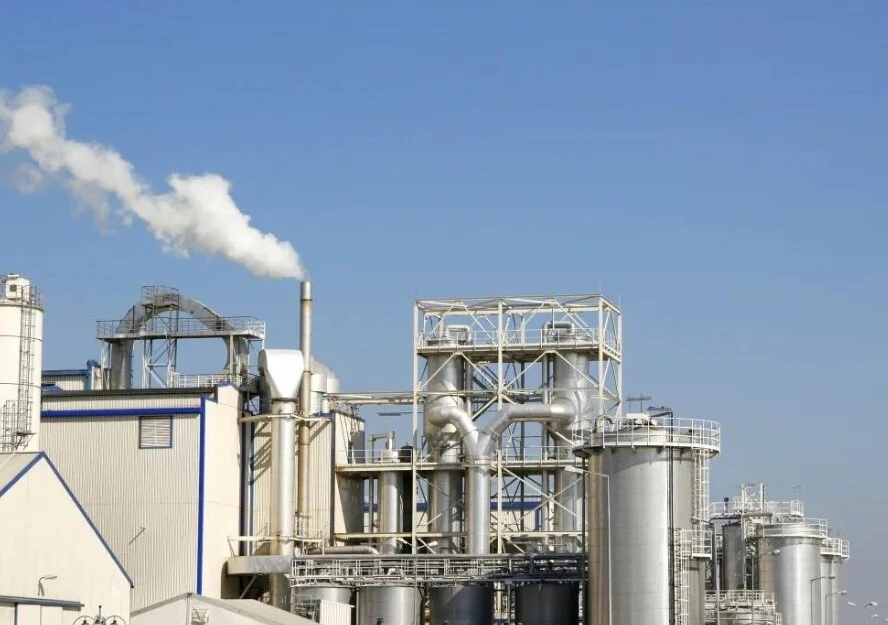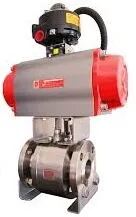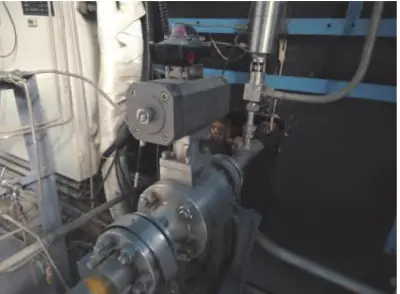The Impact of Media on Valve Selection
Mar 16, 2024
In industrial processes, valves play a crucial role, and their proper selection directly affects the safety and efficiency of production. Valve selection is closely related to the media flowing through them. The media, as the core working environment of valves, profoundly influences their performance, lifespan, and safety.

Firstly, it's important to understand that there is a wide variety of valve types, each with specific applications and media adaptability. For instance, some valves are suitable for gas media, while others are more suitable for liquid media; some valves are suitable for corrosive media, while others are more sensitive to pure media. Therefore, in the selection process, the first consideration is the type and characteristics of the media.
Secondly, the temperature and pressure of the media are also crucial factors in the selection process. In high or low-temperature environments, the choice of valve material becomes critical. Excessive temperatures may cause thermal deformation of valve materials, while excessively low temperatures may lead to material embrittlement. Similarly, excessive pressure may cause valve leakage or damage.
Additionally, the physical and chemical properties of the media such as viscosity, corrosiveness, and crystallinity, also influence valve selection. For example, media with high viscosity may require larger valve openings to maintain smooth flow, while corrosive media may necessitate more corrosion-resistant valve materials.
Therefore, when selecting valves, it is essential to comprehensively consider the various characteristics of the media to ensure that the valves can meet production requirements safely and effectively. This not only concerns the continuity and stability of production but also the safety of personnel and the protection of company assets. Let us work together to choose the most suitable valves for every production process and create greater value!

Firstly, it's important to understand that there is a wide variety of valve types, each with specific applications and media adaptability. For instance, some valves are suitable for gas media, while others are more suitable for liquid media; some valves are suitable for corrosive media, while others are more sensitive to pure media. Therefore, in the selection process, the first consideration is the type and characteristics of the media.
Secondly, the temperature and pressure of the media are also crucial factors in the selection process. In high or low-temperature environments, the choice of valve material becomes critical. Excessive temperatures may cause thermal deformation of valve materials, while excessively low temperatures may lead to material embrittlement. Similarly, excessive pressure may cause valve leakage or damage.
Additionally, the physical and chemical properties of the media such as viscosity, corrosiveness, and crystallinity, also influence valve selection. For example, media with high viscosity may require larger valve openings to maintain smooth flow, while corrosive media may necessitate more corrosion-resistant valve materials.
Therefore, when selecting valves, it is essential to comprehensively consider the various characteristics of the media to ensure that the valves can meet production requirements safely and effectively. This not only concerns the continuity and stability of production but also the safety of personnel and the protection of company assets. Let us work together to choose the most suitable valves for every production process and create greater value!
Previous: Research on Low Noise of Butterfly Valves (Part One)
Next: VERVO Is Scheduled to Participate in NEFTEGAZ 2024



